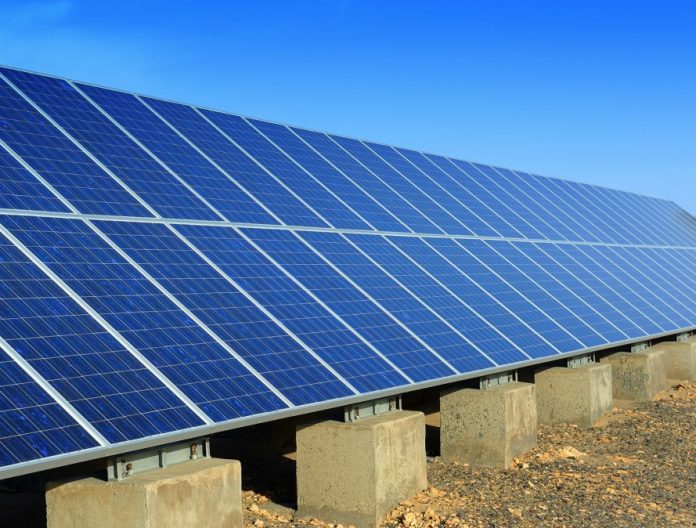The cost of electricity and petroleum in Pakistan has been a major concern for households, especially those in the middle class with an income of Rs35,000 per month. These households are spending around half of their monthly income on electricity and fuel expenses, leaving little room for other essential expenses like food, rent, and children’s education. This situation is expected to worsen further as the government plans to eliminate electricity and petroleum subsidies based on the International Monetary Fund’s requirements.
However, this situation can turn into a blessing if the government uses it as an opportunity to accelerate the implementation of technological solutions like solar, electric motorcycles, and lithium-based batteries. These solutions can eliminate the need for subsidies permanently and offer multiple benefits, including alleviating the burden on the middle class, reducing the oil import bill, creating a cleaner environment, and establishing local manufacturing for internal consumption and exports.
One of the ways to significantly bring down electricity bills is by renting a small portion of a large solar farm. The expansion of rooftop solar and community solar subscription, a recent innovation for large-scale solar farms, also needs to be considered for lower-cost electricity.
Rooftop solar installations have been a success story in Pakistan for the past few years, with more than 20,000 net metering licenses issued by the end of 2021-22, adding 450MW to the system. The 10x reduction in solar panel prices during the last decade, steep escalation in electricity tariffs, and net metering have made solar installation one of the best investments, with a payback of fewer than four years, while providing an excellent hedge against inflation and tariff escalation. Advanced LFP (Lithium Ferrous Phosphate) batteries, with 15 plus years life, are also becoming financially feasible for peak hours use with imminent peak rate hike.
Despite the success of rooftop solar, there is still much room for growth. There are 610,000 households in Pakistan using 700 plus units and 16.8 million households consuming 300-700 units on average per month. The country can easily achieve at least 10,000MW of rooftop solar installations on just 5 percent of these houses during the next five years by continuing with the current net metering and export rate incentives.
For households using 500–700 units per month, rooftop installations can be accelerated by providing incentives such as reinstating low-cost loans, removing current limitations on net metering, and eliminating 17pc general sales tax on solar equipment for 10KW or smaller installations. However, rooftop solar is not a practical option for lower-income households (300–500 units per month consumption) because of higher cost per kilowatt for a smaller system, financial constraints, roof space availability, rental housing, and apartment living.
This is where community solar comes in as a practical and lower cost solution for these households and industrial facilities. In the community solar subscription model, consumers either purchase or rent a small portion of a large solar farm operated by the utility or a private developer. For example, for a 100 MW solar farm located near an industrial zone, multiple industrial facilities can purchase 20pc of this farm’s capacity (20MW), providing equity investment, while the remaining 80pc (80MW) can be subscribed (rented) by 80,000 low usage household (300-500 units) customers with a limit of 1KW for each.
Because of economies of scale, the per kilowatt cost of these solar farms is 15-20pc lower than a rooftop system, thus reducing the purchase or rental cost. Also, since the industry will be providing equity investment, there won’t be a need to find large investors for these solar farms.
To read the full article visit www.dawn.com
























